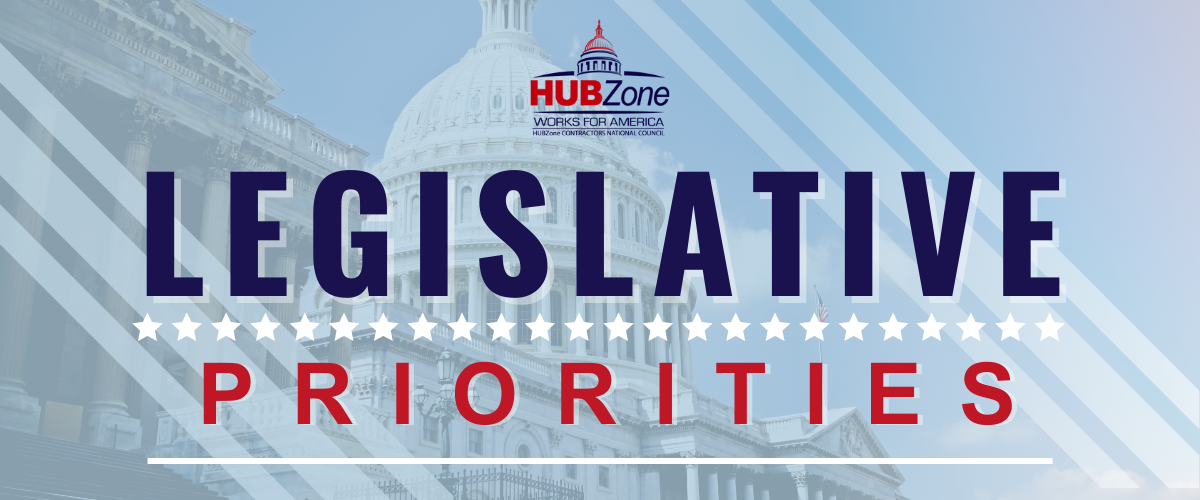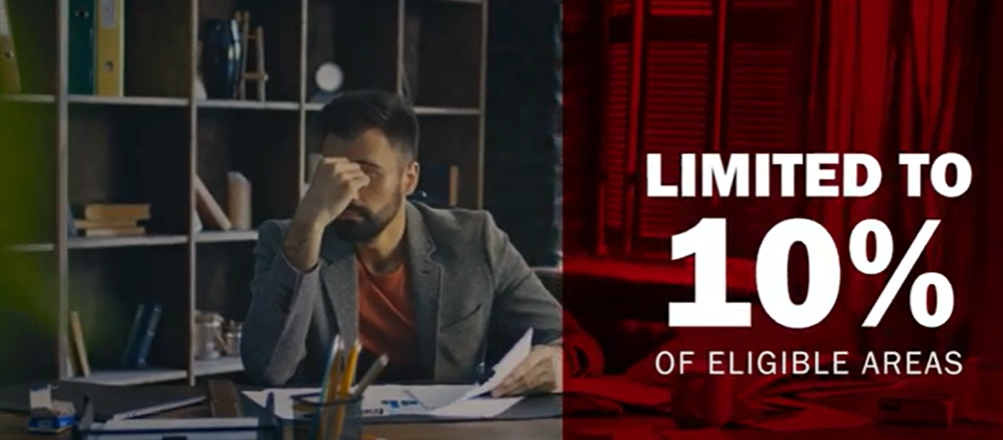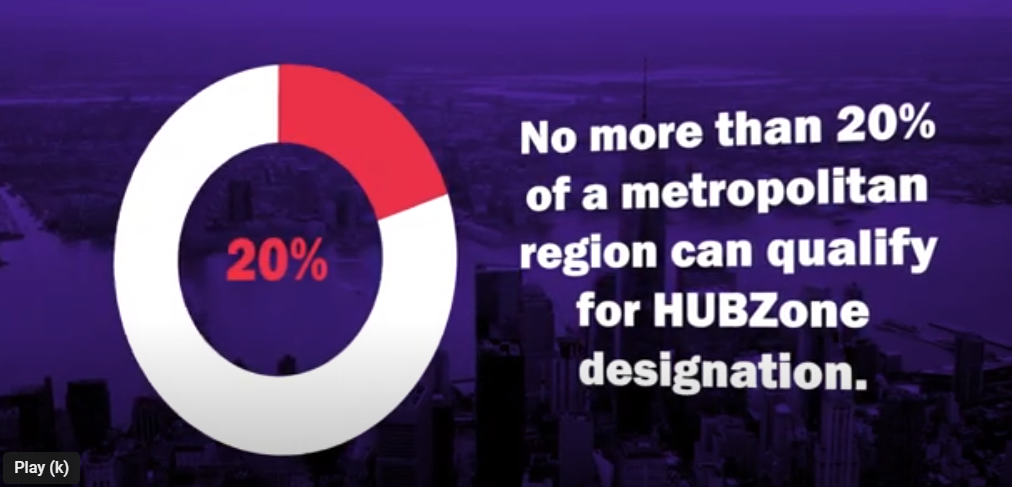 At the Council, we understand that substantive change is deeply rooted in policy reform and in 2024 we are focused on key priorities designed to enhance our impact and extend our reach. This year, our efforts are concentrated on advancing initiatives across several strategic areas, including improvements to the program, promoting a level playing field among SBA programs, reducing administrative burdens, and breaking down barriers to entry. The list below does not include all the initiatives the council is supporting, but it highlights our primary focus for the coming year. These priorities reflect our commitment to driving meaningful change and delivering sustainable results. |
|






